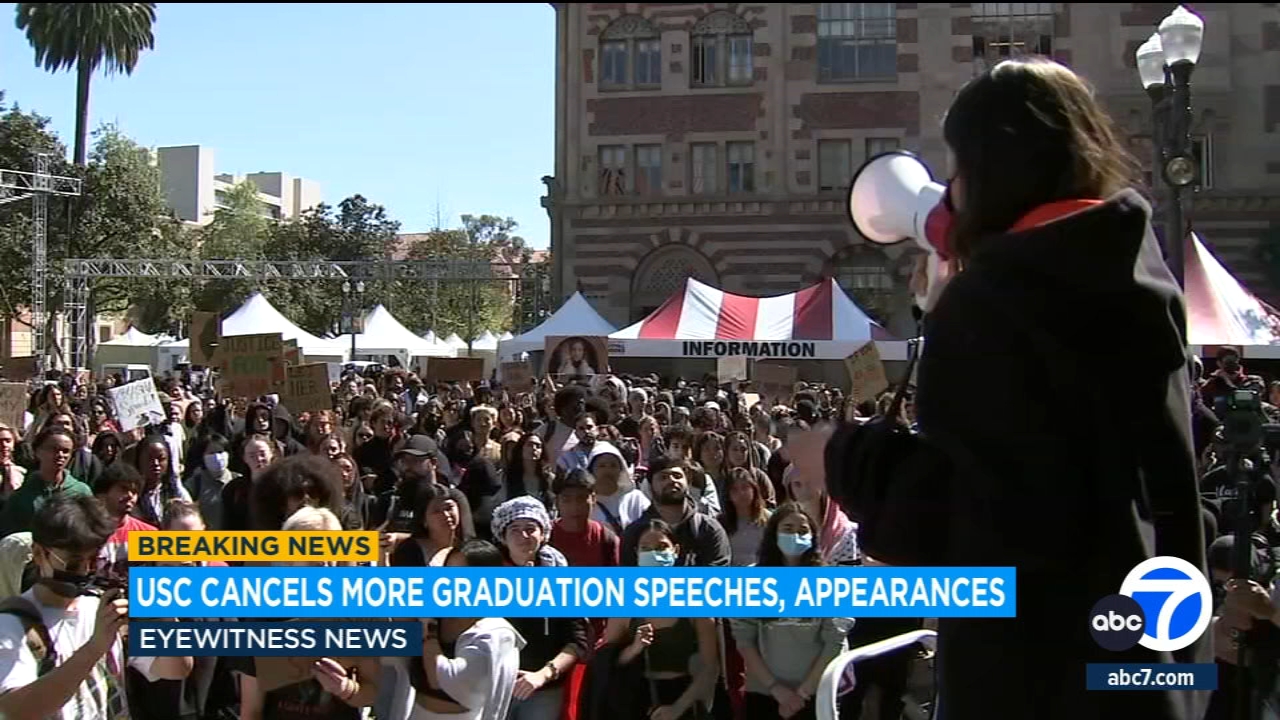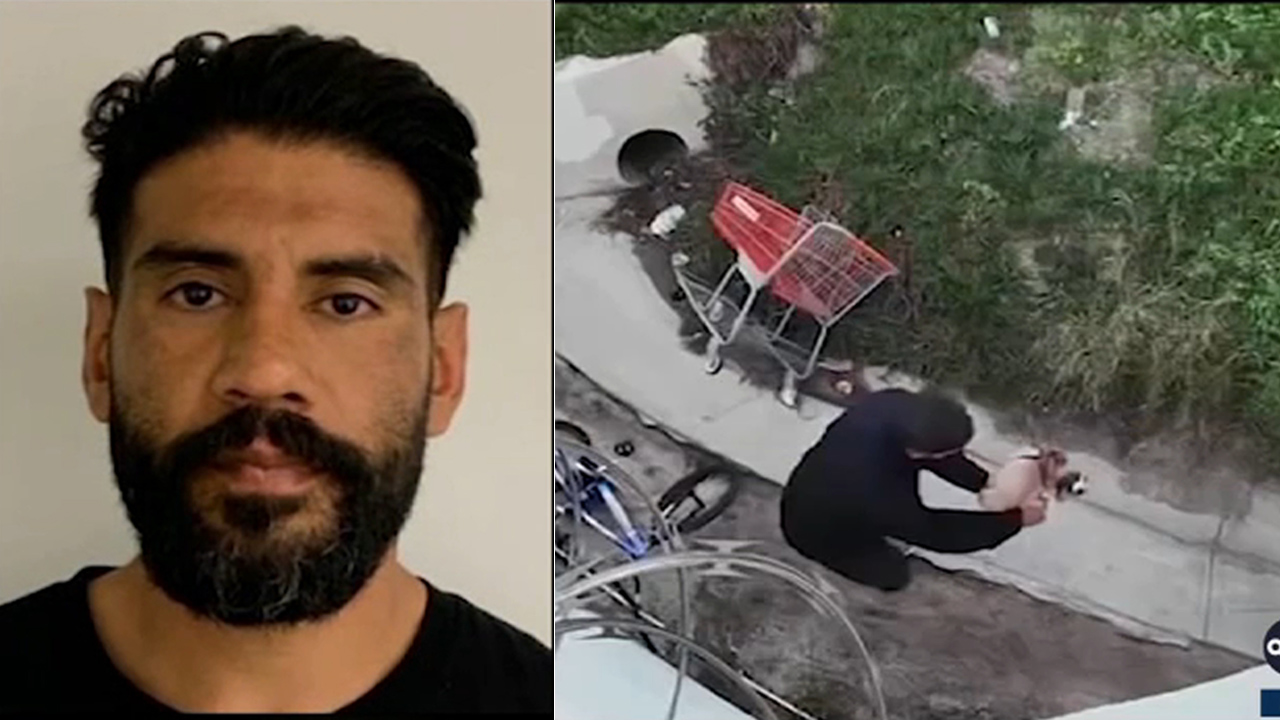Targeted therapy being tested in SoCal gives brain cancer patients hope

SANTA MONICA, Calif. (KABC) -- Patients diagnosed with Glioblastoma, the most lethal form of brain cancer, face unbelievable challenges and grueling treatment.
Now, local researchers are testing a promising therapy that attacks brain cancer with a unique two-pronged approach.
A few stitches on the back of 76-year-old Rusty Doms' head is all that's left of a brain cancer treatment he underwent two weeks ago. Last year, he received a devastating diagnosis.
"Glioblastoma 4 is the most difficult to deal with and is the most aggressive," said Doms.
This common form of brain cancer keeps coming back even after surgery, chemotherapy and radiation.
Board-certified neurologist and neuro-oncologist, Dr. Santosh Kesari said, "The prognosis right now is about sixteen months survival from the date of diagnosis."
But doctors at Providence St. John's Health Center offered Doms the chance to become the first West Coast patient to test a new way to attack the cancer.
Dr. Achal Singh Achrol and Dr. Kesari carefully mapped out the tumor. Surgeons made two small openings in Doms' skull and used a catheter to directly deliver the medication to the site.
"Every single cell got delivery of the drug using MRI guidance," said Achrol.
The goal is to bring an extremely toxic drug into the brain cancer cells. To do this, researchers use a bio-engineered fusion protein called MDNA 55. It binds to cancer cells and is brought in just like a Trojan horse.
"Once inside the cell, it releases this toxic payload. So it tells the tumor cell to shut down and stop functioning," said Achrol.
It'll be a few months before researchers can tell how well it's working, but seeing Rusty Doms getting back to his normal activities so quickly after the infusion is a good sign.
"We're all hopeful that this is going to help him survive longer than the average person would," Kesari said.
Doms can't wait to get back to beach and start paddle boarding again and he's thrilled to be leading the way for other patients.
"I know I'm trying to help myself and I'm trying to help other people too," said Doms.
The clinical trials are taking place at 14 medical centers in the U.S. including Providence St. John's Health Center and the University of California San Francisco.
For more information about the study call the Neuro-oncology Clinical Trial Team at (310) 829-8265.





